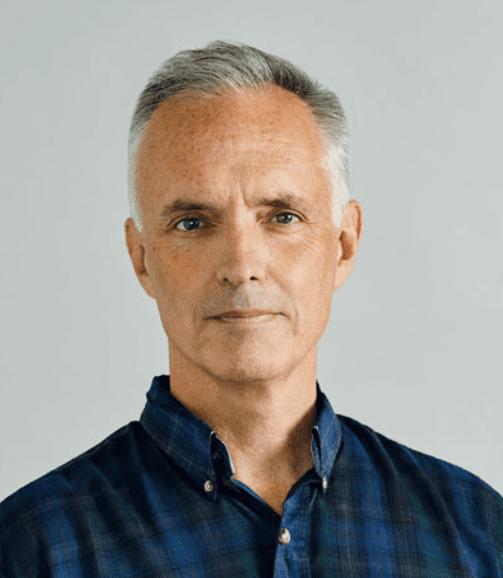Jim Collins, the famed MIT professor and a godfather of the synthetic biology field, describes Felix Wong as one of the most talented researchers to come out of his lab in recent years.
Wong, 31, is now taking the next step in his career, leading a five-person startup called Integrated Biosciences. With $17 million in seed funding, the new company is developing artificial intelligence models to search through and find possible drugs against age-related diseases, building on work he did in Collins’ lab to discover a new class of antibiotics by using AI.
Collins, in an interview with Endpoints News, called Wong “a remarkable young scientist, one of the best I’ve ever had in my lab.”
Wong will partner with Max Wilson, a Princeton PhD scientist now preparing to take his first sabbatical from his University of California, Santa Barbara lab to work as the startup’s chief scientific officer.
“The science has really just started to pan out that we can actually make a dent in a variety of these age-related diseases,” Wilson said. “Ten years ago, if you said the same thing, I would have called you naive. Now it’s pretty clear there are a handful of mechanisms that if we can control them in the right ways, we can stave off at least large parts of the aging process.”
The duo co-founded Integrated in September 2022, initially raising $3.9 million, and now adding $13.3 million to finish its seed raise. Integrated has about $14 million in the bank today, Wong said. The round was led by Sutter Hill Ventures.
 Jim Collins
Jim CollinsWong’s research into antibiotics was featured in a Nature paper last December and a recent New Yorker deep dive. That work won’t fade away: A nonprofit called Phare Bio, co-founded by Collins, is leading next steps for that antibiotics research.
“Antibiotics are very hard, especially for startups like us, to actually make a living,” Wong said.
Aging — or at least the much broader category of diseases tied to aging — is a more market-friendly story.
Like ‘putting on VR goggles’
Wilson, 36, is an expert in optogenetics, or using light to control cells. Integrated has built its own hardware to deliver LED lights into typical plates of cells. They can do a lot more than make mice run in circles, Wilson said, by using a toolbox of proteins, many from plants and algae, that activate in the presence of light. They splice those proteins into cells, like the stress signaling pathway, effectively simulating stressed-out cells.
“It’s like a virtual-reality experience in putting on VR goggles,” Wilson said. “Having light going into your eyes and thinking you’re on a roller coaster. They’re not actually stressed, but they now think they are.”
The optogenetics angle goes beyond some of Wong’s other published work — also while at Collins’ lab — on aging. In a Nature Aging article from last year, Wong ran a typical high-throughput screen that relied on chemotherapy to make stressed cells. That project screened about 2,300 FDA-approved drugs to find molecules that may turn cells from stressed to healthy.
Integrated’s approach uses optogenetics rather than chemotherapy, and they are screening a library of roughly 500,000 “funky-looking small molecules” instead of a smaller set of repurposed drugs, Wong said. He added they have “something in the works” under review that includes these ideas.
The startup has wasted little time in using this approach to find drugs. Integrated has two lead programs, one showing broad antiviral activity and targeting the integrated stress response pathway, while the other aims to eliminate the zombie-like senescent cells often found in aging bodies.
Wong said they hope to finish IND-enabling studies with the new seed round.